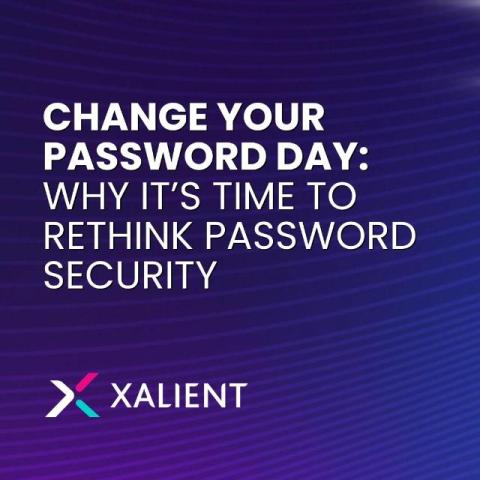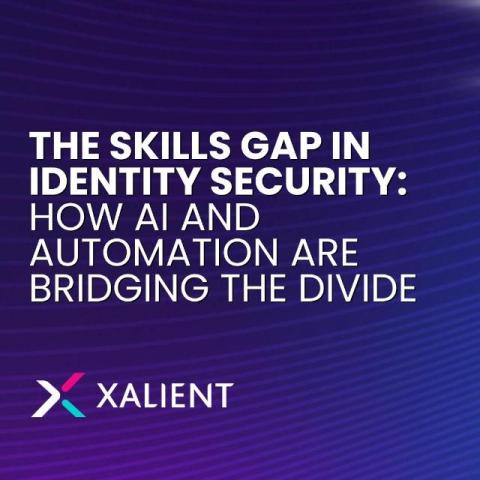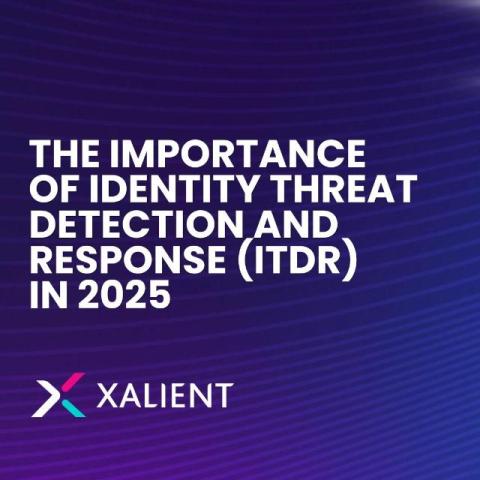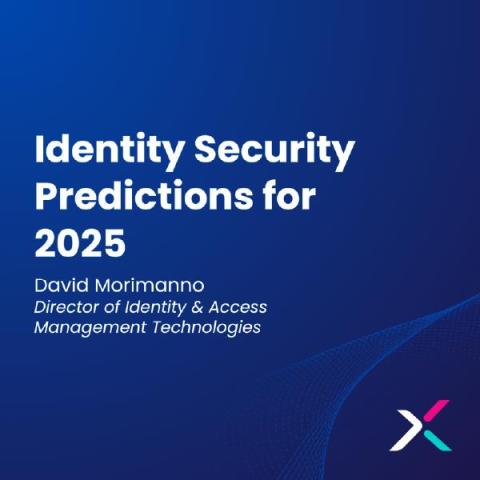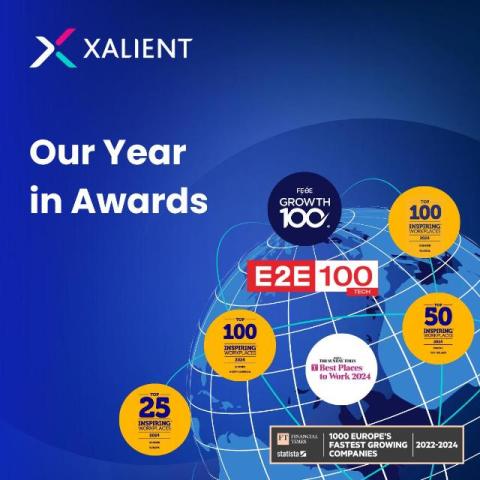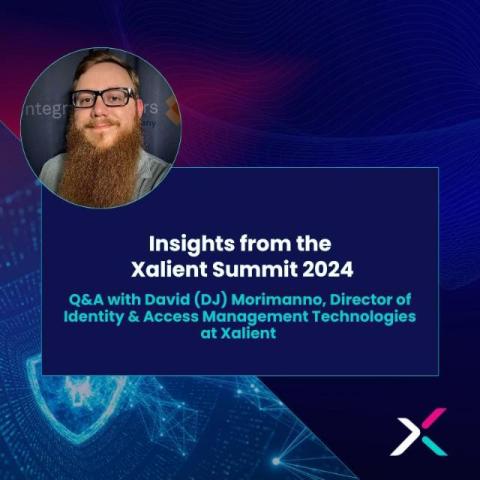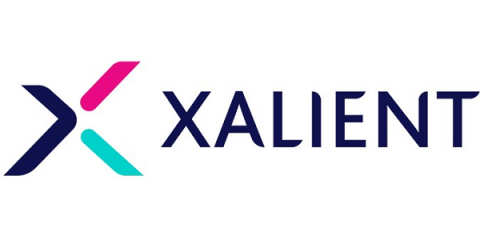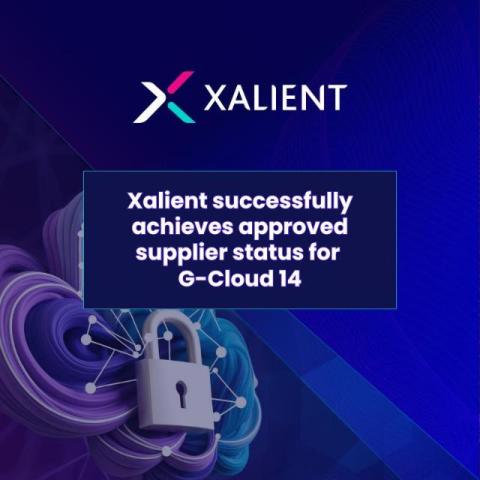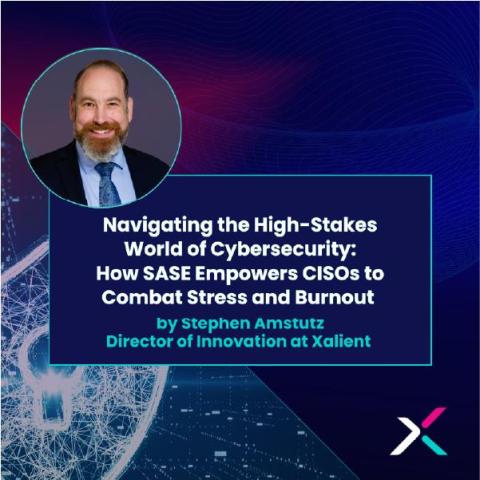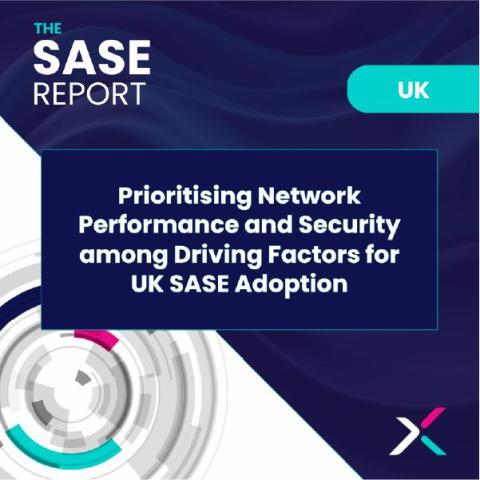Change Your Password Day: Why It's Time to Rethink Password Security
As Change Your Password Day rolls around on 1st February, it’s a great opportunity to highlight the importance of secure password practices. While traditional advice has often encouraged frequent password changes, this approach has been reconsidered by cybersecurity experts, including the National Institute of Standards and Technology (NIST). Modern best practices now recommend focusing on creating strong, memorable passwords and using multi-factor authentication (MFA) to enhance security.


